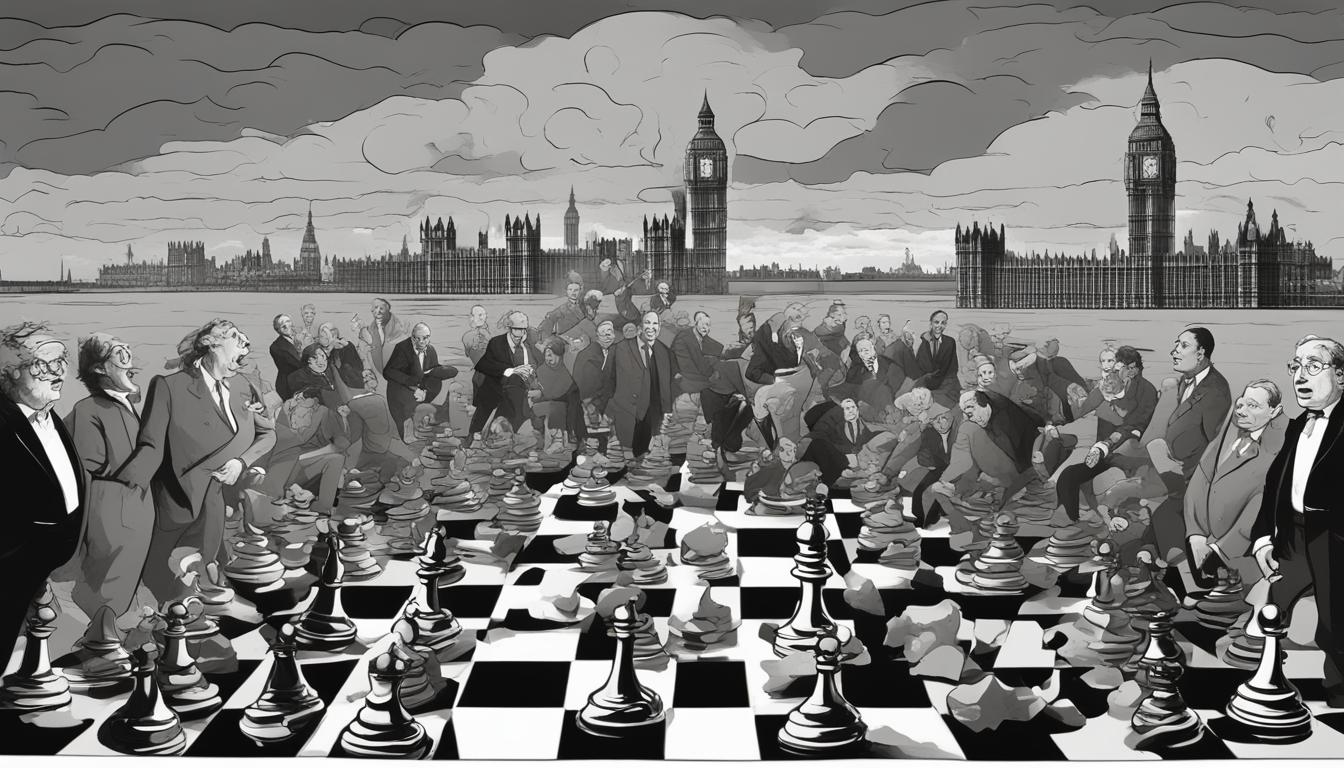Natalie Elphicke’s switch to Labour and divergent stances on immigration policy among MPs underscore a period of significant political upheaval in the UK.
Natalie Elphicke, the former Conservative MP for Dover, has notably defected to the Labour Party, stirring considerable surprise and debate within political circles. She has publicly apologized for past comments defending her ex-husband, Charlie Elphicke, who was convicted of sexual assault, attributing her remarks to stress. Despite Labour leader Keir Starmer’s welcoming stance, her move has caused division and unrest among Labour MPs, some expressing strong disapproval.
In a separate political development, Reform UK MP Lee Anderson from Ashfield has vocally criticized the Conservative Party over their stance on immigration. Once a Conservative himself and now disillusioned, he highlights his concerns about both legal and illegal immigration impacting the country. Anderson’s recent criticisms follow the resignation of Conservative MP Robert Jenrick, who cited differences over immigration policy.
Meanwhile, MP Marco Longhi from Dudley North has controversially declared that he will no longer handle cases involving asylum seekers, prioritizing local constituents instead. This stance, supported by Penny Mordaunt, leader of the House of Commons, has drawn severe criticism from opposition MPs and highlights deeper tensions regarding the UK’s immigration policies.
Additionally, the Conservative Party faces internal pressures to revert to traditional conservative policies following local election challenges. This pressure includes debates around a proposed smoking ban for those born after 2009, which although passed in the Commons, has seen significant opposition within the party.
In terms of international diplomacy, the Legatum Institute has commended Labour’s Shadow Foreign Secretary, David Lammy, for his diplomatic efforts in the United States, urging the Conservative Party to adopt similar strategies. This includes Lammy’s nuanced engagement with both Republican and Democratic officials, signaling a strategic diplomatic shift amidst the evolving political landscape in the US.
These events collectively underscore a period of substantial realignment and debate within major UK political parties, reflecting broader national and international political dynamics.













